You know those mornings - tired as soon as you open your eyes, 3 cups of coffee before you get into the office and you feel irritable. The whole day is seemingly tainted with the haze that lack of sleep can bring on. You cannot wait to hit the hay as soon as you get home.
However, this lack of sleep has consequences far beyond one bleary-eyed day the next morning. Chronic sleep deprivation has shown to have far reaching permanent issues on your health, including compromising your immune system so it cannot fight off viruses like COVID-19. Why does not sleeping hurt your immune system so much?
Well, as you sleep, your whole body is hard at work, recharging much of the essential components to get you through the next day. For instance, your immune system releases proteins called cytokines. Different cytokines help with many bodily functions including promoting sleep, fight infections or inflammations and help when you are stressed. When you don’t sleep enough, your body may not be able to produce enough cytokines to help with these essential functions. In addition, antibodies and other cells essential for your body are reduced when you are sleep deprived. (1, 2)
A robust immune system is especially important during virus outbreaks in your body such as influenza, Herpes or even COVID-19. Unlike bacteria, which can be treated with antibiotics, viruses are usually killed off by your immune system. Your body is smart - after it has fought a virus off once, it will likely remember how to fight it again. That’s why the first time you got strep throat, it was pretty bad but subsequent times you recovered a lot faster. A strong immune system, being vaccinated and taking antiviral medication (if the vaccine and medication is available) is the strongest combination to prevent a virus from happening. (3)
So how do you know if you are getting enough quality sleep? According to SleepFoundation.org, indicators of quality sleep includes (4):
- 85% of time in bed you are sleeping
- You are able to fall asleep in 30 minutes or less
- You wake up no more than once per night
- You are awake for 20 minutes or less if you wake-up during the night
Getting better sleep
If you’re getting poor quality of sleep - you aren’t alone. Around 70 million Americans suffer from a sleep disorder. If you are eager to improve your sleep quality, here are some tips you can easily do to help with sleep quality (2,5):
- Keep a consistent bedtime: A consistent bedtime is crucial to keep your body running properly. One study at the University of Notre Dame found that if you sleep even 30 minutes past your bedtime, you will have an elevated heart rate for the whole next day. Prolonged elevated heart rate increases the risk of cardiovascular diseases. (6)
- Limit screen-time: Blue light emitted from phone or even TV can throw off your sleep schedule. It’s because blue light increases alertness, delays melatonin production (the hormone that helps you fall asleep), and messes up your circadian rhythm (natural sleep schedule). Recommendations vary but turn off your screens at least 1 hour before you go to bed to get optimal sleep. (7)
- Eat earlier: Eating late at night can cause indigestion or even acid reflux - neither are good for you to stay asleep. In general, it is recommended you eat between 2-3 hours before bedtime. (8)
- Create an optimal bed room for sleep: Creating a serene environment with low lighting and that can darken makes it more conducive for sleep. Transform your place into a peaceful environment by cleaning up clutter, taking out bright blue-light LED lights and installing blackout curtains.
Co-author credit: Misa Muto
Bibliography
- How Sleep Strengthens Your Immune System. Healthline. https://www.healthline.com/health-news/how-sleep-bolsters-your-immune-system
- How sleep affects your immunity. Sleep Foundation. https://www.sleepfoundation.org/articles/how-sleep-affects-your-immunity
- “What’s the Difference Between Bacterial and Viral Infections?. Healthline. https://www.healthline.com/health/bacterial-vs-viral-infections#antibiotics
- “What is Good Quality Sleep.” Sleep Foundation. https://www.sleepfoundation.org/press-release/what-good-quality-sleep
- “Sleep and Sleep Disorders - About us.” Center for Disease Control. https://www.cdc.gov/sleep/about_us.html
- “Past your bedtime? Inconsistency may increase risk to cardiovascular health.” Science Daily. https://www.sciencedaily.com/releases/2020/03/200324131818.htm
- “How blue light affects kids and sleep.” Sleep Foundation. https://www.sleepfoundation.org/articles/how-blue-light-affects-kids-sleep
- “Is Late-Night Snacking Really So Wrong?.” Self. https://www.self.com/story/eating-before-bed-sleep-digestion-weight
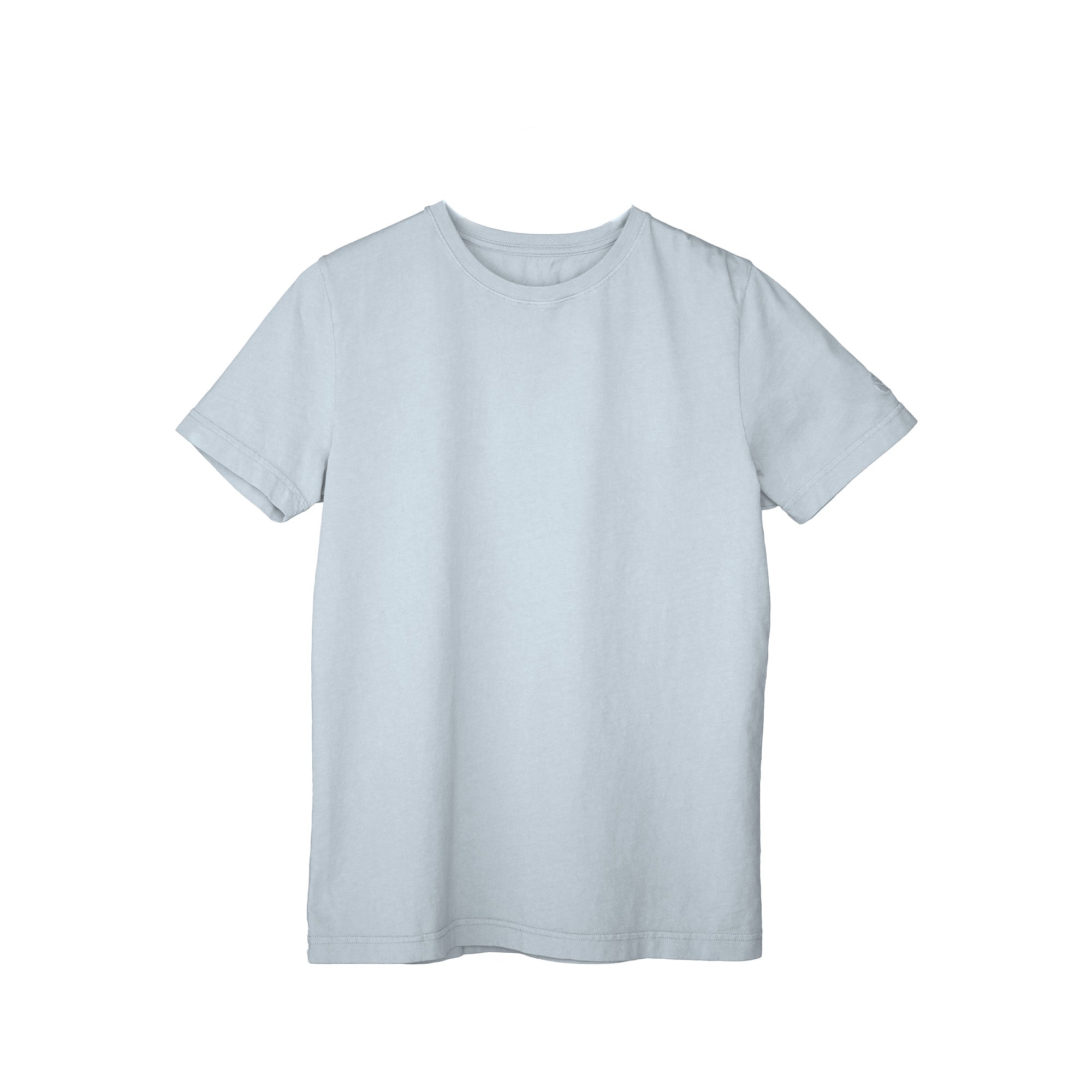

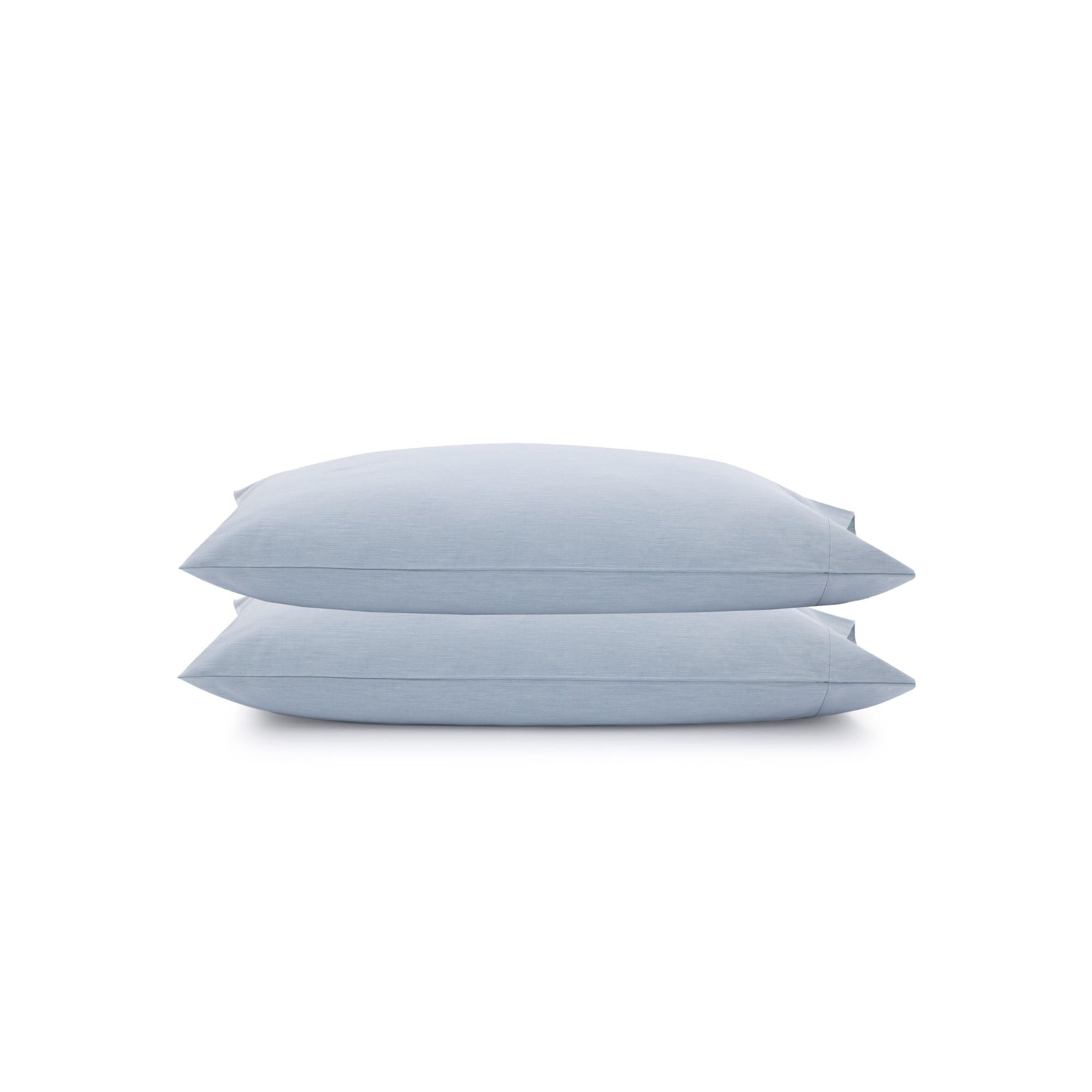
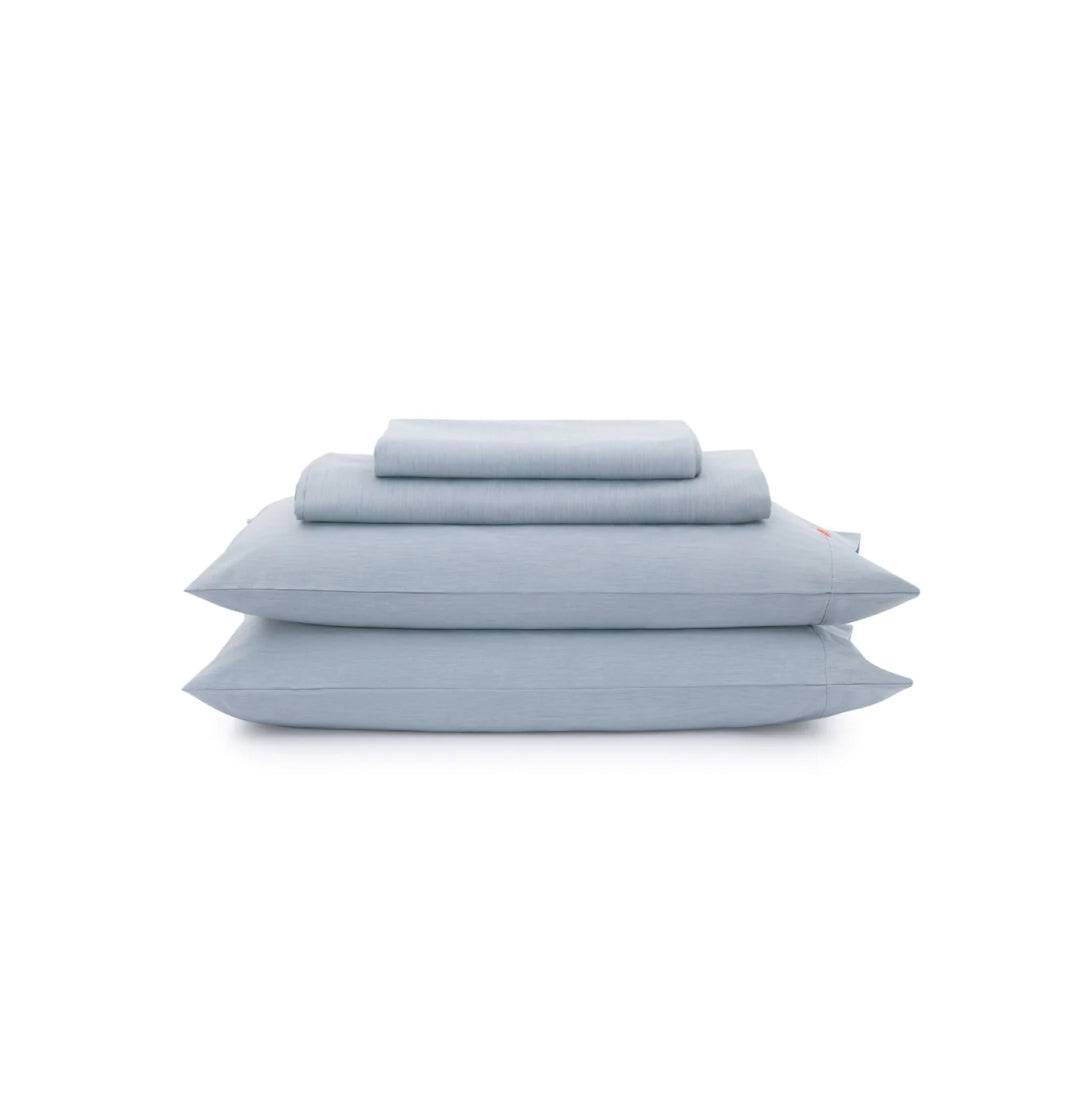
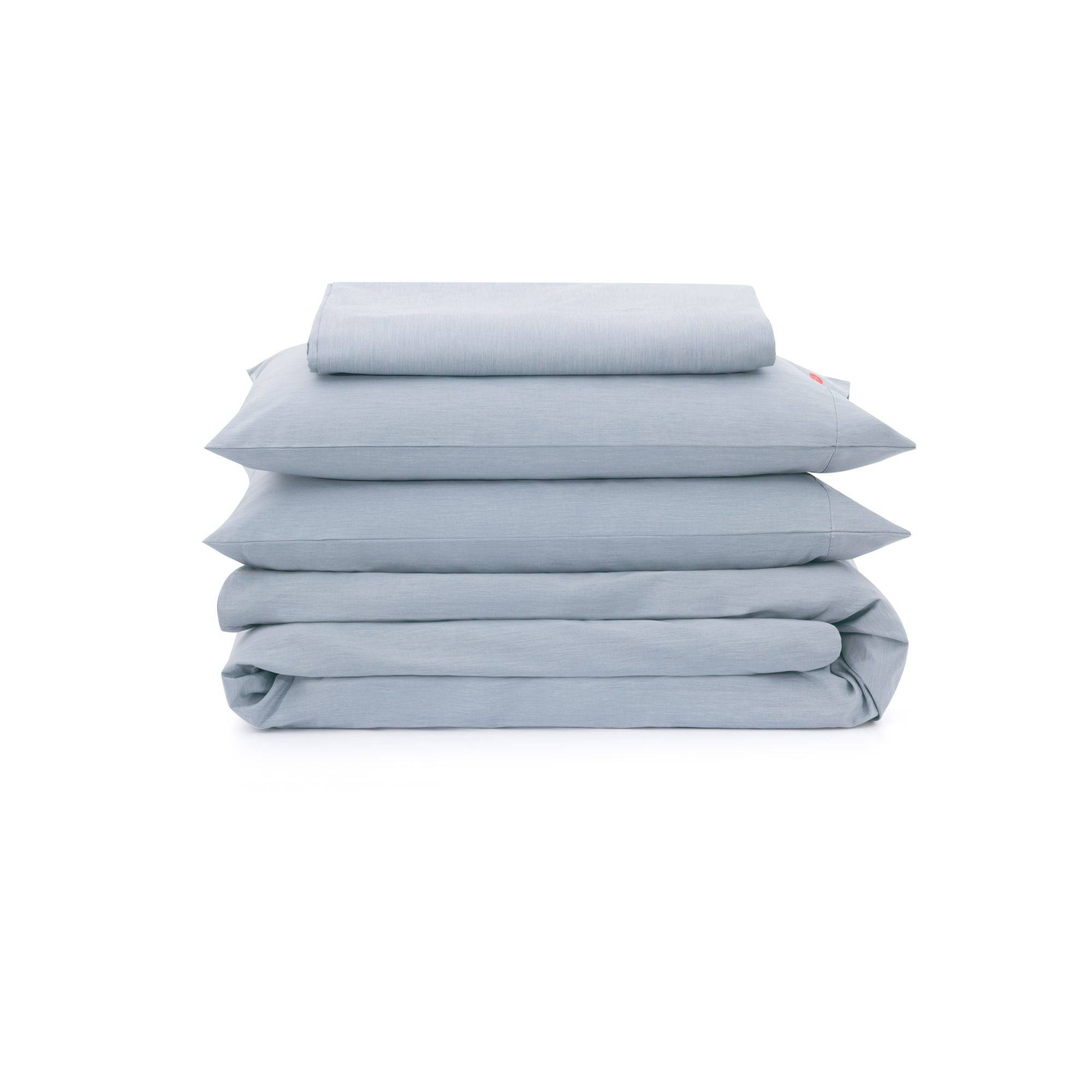
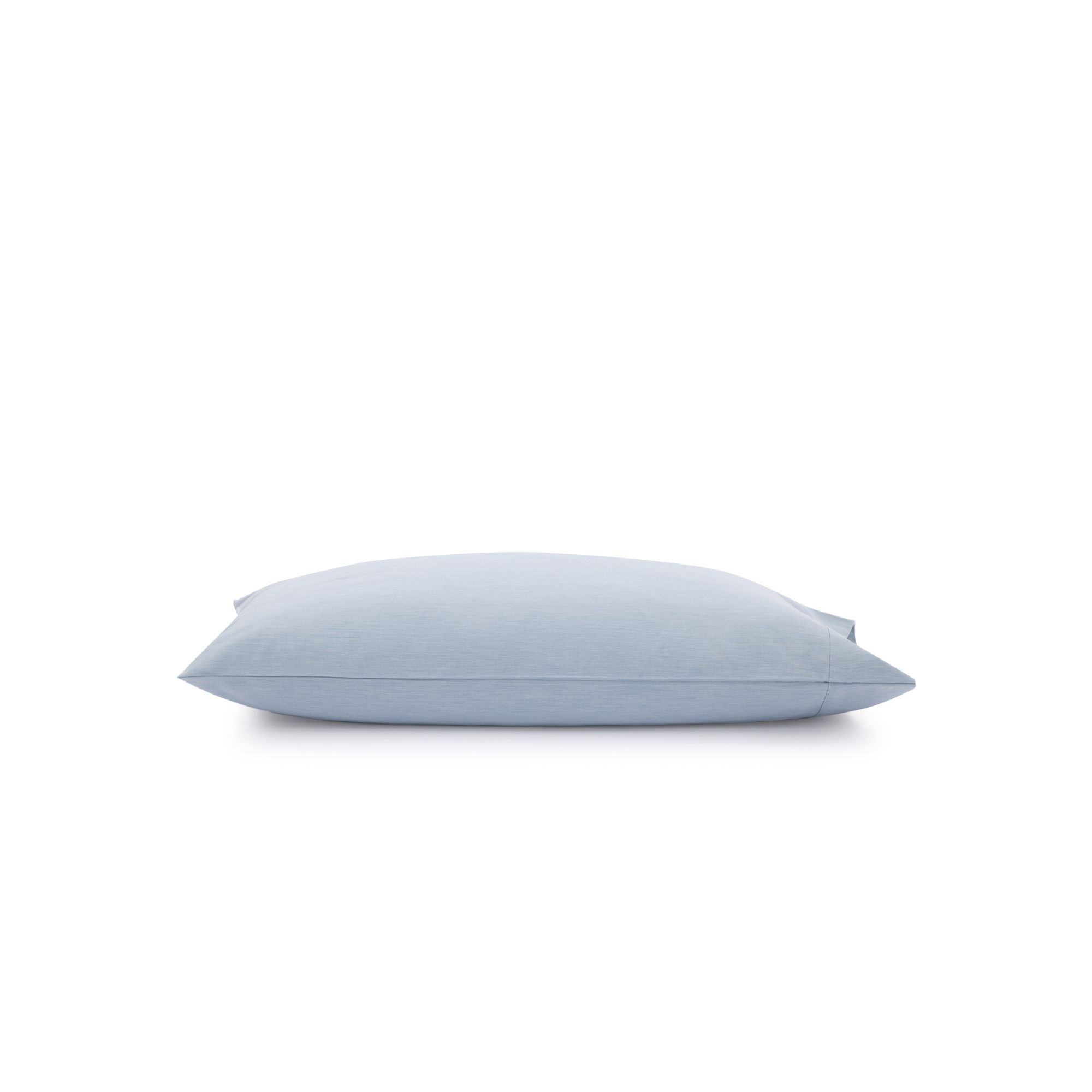




Leave a comment
All comments are moderated before being published.
This site is protected by hCaptcha and the hCaptcha Privacy Policy and Terms of Service apply.